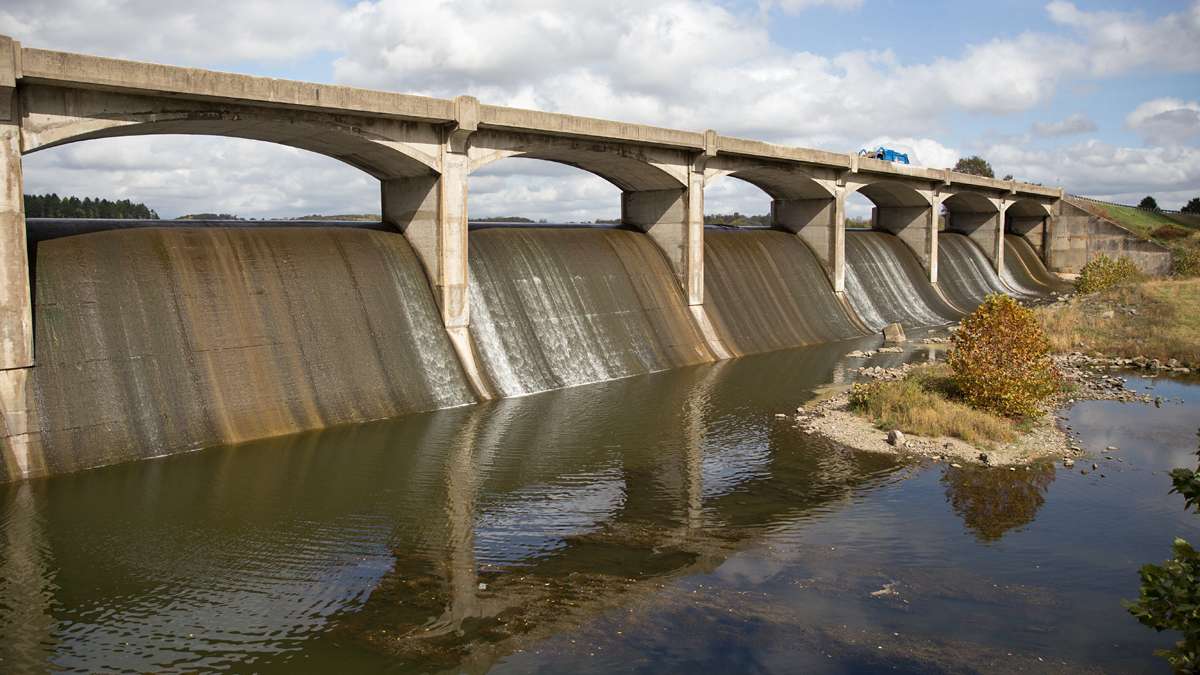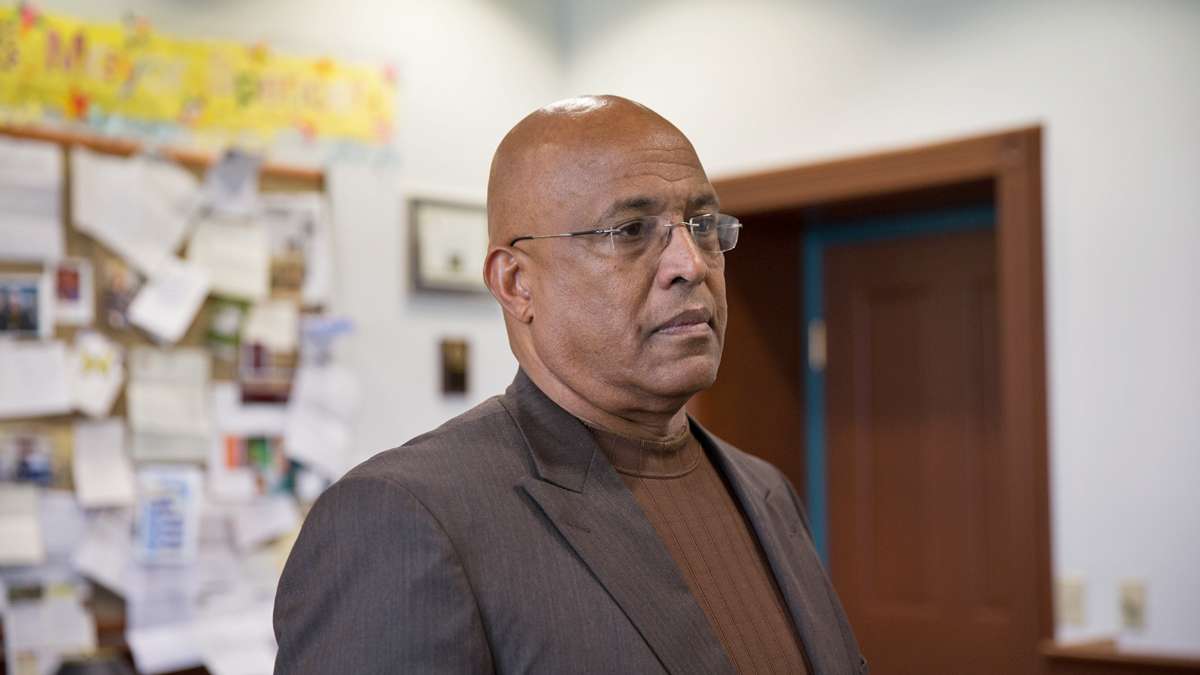Pa. cities consider leasing out water system to balance budget
ListenStruggling Pennsylvania cities have to make hard decisions about how to balance the budget. One move? Selling or leasing out a city’s water system.
Here’s a scenario many Americans have experienced first hand: You’re loaded with debt. Your checking account’s near zero. And you need a lot of cash.
What do you do?
Would you sell your car? If you own your house, would you get a home equity loan?
Cashed-strapped cities in Pennsylvania are asking a similar question — specifically: should they lease or sell their assets to balance the budget?
The “new oil”
Reading’s water system—everything from the water, the dam, the filter plant, miles of pipes and tunnels—well, it’s worth a lot of money. Some guess around $200-300 million. Reading Area Water Authority chairman Ernest Schlegel acknowledges it’s money the cash-strapped city of Reading needs, but he’s wary of privatization.
“Many times with private companies, I think everyone knows, when revenue is down, they start to cut corners,” said Schlegel. “They may have a pump that could last five years; they extend that life to ten years.”
The authority is working with the city to keep control of the water asset. It has recently agreed to a plan proposed by city council that ups the authority’s annual payment to the city to $8 million, but that’s seen as a short-term solution. Even that leaves the city with a $6 million budget shortfall that’s only projected to go up in the years to come.
Reading’s mayor, Vaughn Spencer, said it’s hard not to look to the water asset as a financial solution.
“Water is the most valuable asset that any city could have,” Spencer said. “Water is the new oil.”
Reading is trying to decide how best to monetize its water system in the long term. The mayor says his priority is to keep the system public.
One thing the city can’t do, according to the Act 73 amendment of the Municipal Authorities Act, is raise water rates to pay for other budget needs, like pensions. Revenue from authorities can’t be used for anything except the actual purpose of the authority.
One way around this is a long term lease of the water system with a big upfront payment.
“You can’t help but go that direction. The mere fact that your expenditures exceed your revenues… we’re fortunate we have some assets that we can look at,” said Spencer.
This discussion of how to monetize has gotten complicated, even political. At one point last spring, the council threatened to dissolve the water authority and, just last month, the council voted to sue the mayor if he doesn’t sign off on the $8 million dollar deal with the water authority.
“It’s painful”
Other Pennsylvania cities have tried long-term leases. Allentown took the plunge and made a 50-year-deal with Lehigh County Authority in 2013. Scranton leased out its sewer system in 1999, only to terminate the deal five years later. But now the prospect is back on the table.
Altoona’s city council considered leasing out their system earlier this year, but backed down when citizens objected.
The borough of Middletown voted to approve a 50-year lease deal with New Jersey-based United Water just last month.
“By doing this,” said Middletown council spokesperson Chris Courogan, “we’re able to kind of solve a lot of the old problems that have plagued us from quite some time.”
Courogan said the borough plans to use the $43 million dollar upfront payment to settle its pension and benefit obligations and debt load, but that doesn’t make it an easy decision.
“It’s painful,” he said. “Nobody really wanted to give up the asset.”
Proceed with caution
Donald Cohen is the director of In the Public Interest, a non-profit dedicated to helping communities navigate the prospect of privatization.
Cohen says it’s problematic that cities have to make these decisions under financial pressure. While some deals are smarter than others, he says these lease deals may mean a big payment today, but ultimately it’s a city trading away a revenue generator for debt. Debt that’s passed on to residents who will pay for the deal down the road in the form of rate increases.
“That’s what borrowing is–getting today, paying back tomorrow,” Cohen said. “That is the definition of debt–get today, pay off tomorrow.”
If a city is going to lease out anything, Cohen says it’s key to avoid legal pitfalls like what happened in Chicago. The city negotiated a long-term lease of their parking meters in an 11th hour deal, only to find itself trapped by expensive loopholes. The city is required to compensate the private investor every time parking meters go unused — and revenue goes missing — because of say, construction or even a street fair.
Back in Reading, the future of the water system and other assets might soon be up to the public to decide. The city has included a referendum on November’s ballot, which would require a majority vote on any proposal to sell or lease an asset worth more than ten million dollars.
Keystone Crossroads is a statewide public media initiative, reporting on the challenges facing Pennsylvania’s cities.
WHYY is your source for fact-based, in-depth journalism and information. As a nonprofit organization, we rely on financial support from readers like you. Please give today.





